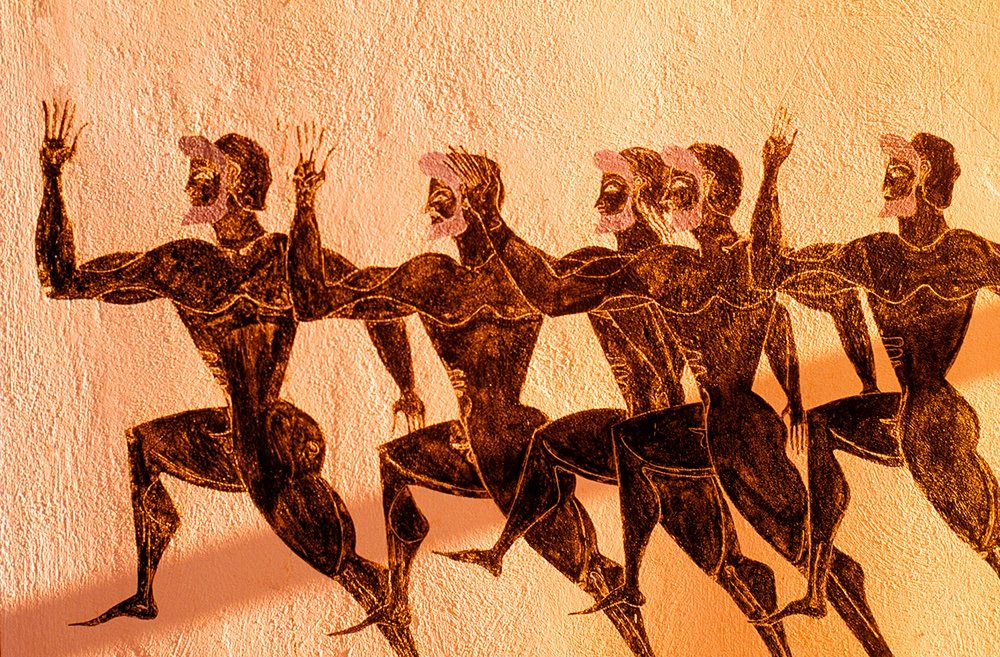Meghan Markle has been urging women to define themselves as they see fit, with their “full, complete, whole-layered, sometimes weird, sometimes awesome but always best and true self… you’re so much greater than any archetype.” But that all depends on the self-definition you come up with. Hers (if she had the slightest self-awareness) would clearly involve her thirst for power, status and revenge.
That thirst is something Romans well understood. They took the view that all human beings were personally accountable for their actions and fully responsible for the outcomes. But coming out on top, which they all desired, earned the ultimate goal of it all, public respect, only if it was seen to serve the interests of public order and the common good. Yes, Ms. Markle?
It was in this context that Romans placed such value on the virtues (Latin virtus — from vir, “man” — lit. “manliness”). They included piety (respect for the gods, state and family), justice, loyalty, duty, constancy, courage, honor, dignity, temperance, prudence. Male competition in these areas was guaranteed to serve society’s interests. For women, the virtues of chastity, defended by personal modesty, were of prime importance: without them, the legitimacy of a family’s children, vital to ensuring their loyalty to the state, was at risk.
That said, women were perfectly capable of virtues normally associated with men. Cloelia was a fine example. A hostage of the enemy besieging Rome, she led other female hostages to safety by swimming, under a hail of enemy arrows, across the Tiber. Epitaphs, too, are not lacking in praise of women who went well beyond the typical female virtues.
Romans, of course, did not actually live up to such lofty ideals. But in judging each other, those were the criteria which came into play. They are not invoked much these days by health and wellness advisers, influencers, personal trainers, comedians, cooks, podcast hosts, bloggers and other dispensers of Ms. Markle’s style of self-obsessed drivel that counts for contemporary wisdom.
This article was originally published in The Spectator’s December 2022 World edition.

























